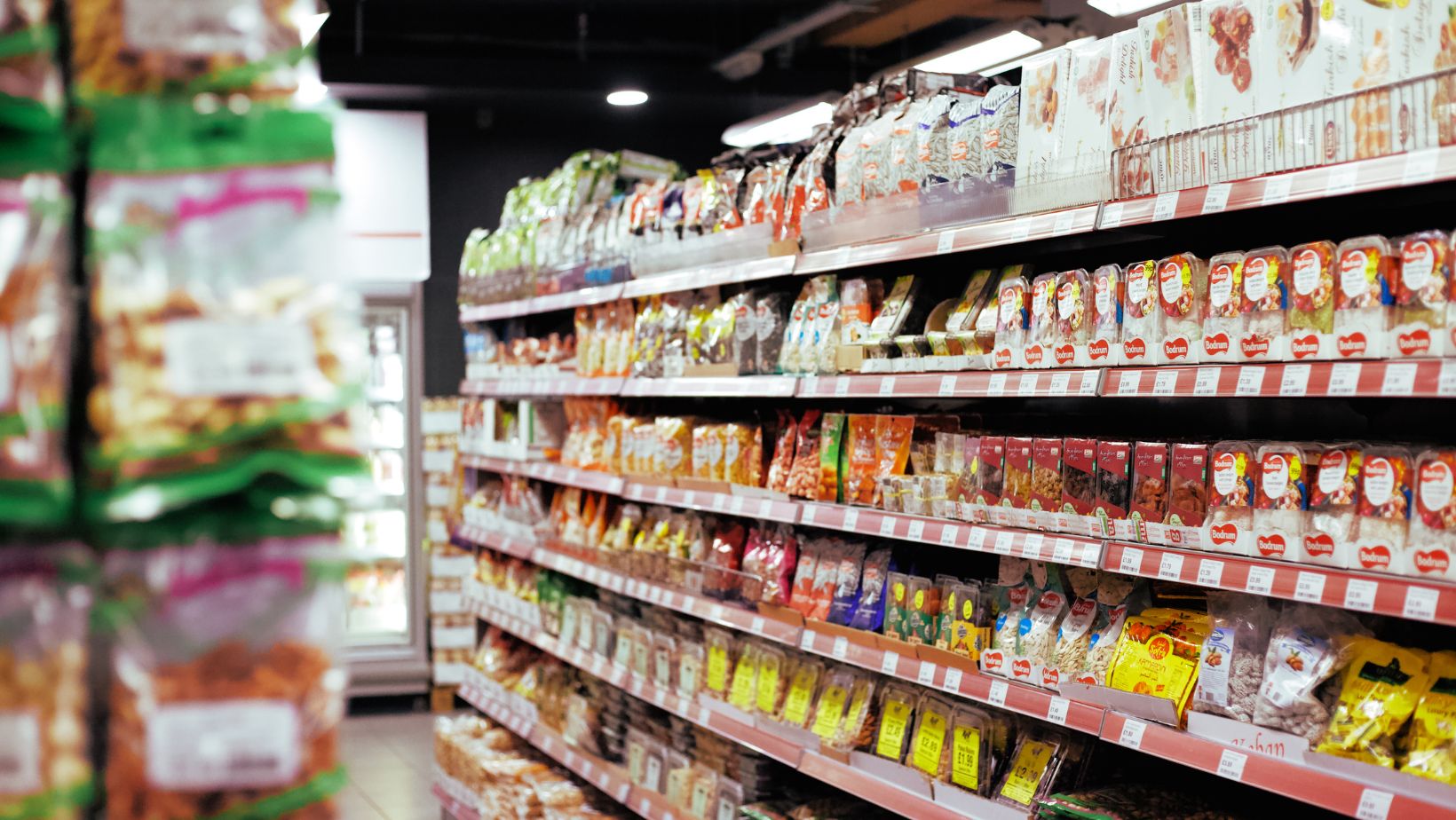Supermarket loyalty schemes offer discounts to returning customers. Many consumers believe prices are raised to trick them into buying products. In this article, we discuss data that proves this wrong.
Most people use some kind of supermarket loyalty scheme. Without them, you can end up paying much higher prices for basic goods. Yet for some time, most consumers have believed they are a trick by retailers, who raise standard prices and then offer discounts to lure buyers in. A study has dispelled that myth, showing they do actually offer value for money. In the article below, we discuss the findings and why it may be time to trust supermarkets once again.
Should You Trust Supermarket Loyalty Schemes?
There has been some debate as to whether supermarket loyalty schemes actually save consumers money. Retailers are often believed to hike prices up and down to suit them, and without knowing the margins on products, shoppers can find it hard to know how good a deal they’re getting. Yet a study by the Competitions and Markets Authority in the United Kingdom has found that supermarket loyalty schemes are actually valuable to the customer.
It looked at 50,000 products that were provided as discounts on loyalty schemes. It did this by analyzing a cross-section of the major supermarkets that had these programs. This included Tesco, Waitrose, Morrisons, and others. The outcome yielded positive results.
Firstly, around 92% of them actually offered savings on the standard price. It also found that despite this, many shoppers still did not trust that they were cheaper and that they were getting savings. Generally, these could provide around 25% off the original price.
However, one factor it did note was that prices were often cheaper elsewhere. This suggests that consumers should shop around for savings where possible.
The Allure of Loyalty
Using discounts and bonuses is not just the domain of supermarkets. Across industries, from entertainment to utilities, companies are eager to retain their customers loyalty. A perfect example is that of the iGaming industry, concerned with online casinos and sportsbooks. They bring in £4.0 billion in gross gaming revenue tax each year. Yet the industry has made itself bigger and attracted new customers through clever bonuses, allowing people credit to play games for free. This has worked in new provinces, from Brazil to Canada, where players can get exclusive bonuses at Ontario online casino. Once signed up, the task of keeping customers on the site and away from competition begins. This can be done through new products such as games and their own loyalty schemes.
Customers themselves also desire loyalty to a brand, which makes it hard to understand why they are so skeptical about supermarkets. The aim of loyalty programs is to make customers feel valued and appreciated. It can also personalize their experience, providing a better level of customer support. So why has the supermarket loyalty scheme gone from something to reward customers to something they are so skeptical about?
One answer may lie in the overuse of loyalty schemes. With so many loyalty schemes, shops, cards, and apps that are easy to use, are supermarkets even getting the loyalty of their customers? Or are consumers simply chopping and changing when the best offers or deals are available?

Another may be the relationship consumers have had with supermarkets over the past few years. Prices have risen around 25% in this time, while supermarkets continue to post record profits. However, this can also be a misconception on the part of consumers. Many supermarkets operate on thin margins, which have decreased over the last two years considerably.
Defending Supermarket Loyalty Schemes
The research had been conducted after the Which? Consumer brands expressed views that supermarket loyalty brands were not as full of value as customers were led to believe. This led to a backlash from supermarkets who believed they had not taken inflation into account.
The publishing of the research was also timely. This is the exact time of year that sales tend to be the fiercest as supermarkets vie for trade over the Christmas period. This will be a year where increased national insurance contributions could hit supermarket profits, and the rate of inflation has risen once again.
Added to that was that there was also no evidence of misuse of the data collected by supermarkets through loyalty schemes. This will be a huge boost to the level of trust fostered through loyalty programs, with many consumers believing they are just another way for big companies to get free market research.
The general misconception is that supermarkets are misleading when it comes to pricing. Around 55% of shoppers believe that standard prices are raised when the two-tier system of pricing is in use. Dispelling this, along with wrong ideas about data collection, will go a long way to rectifying these loyalty schemes and regaining trust with customers.





